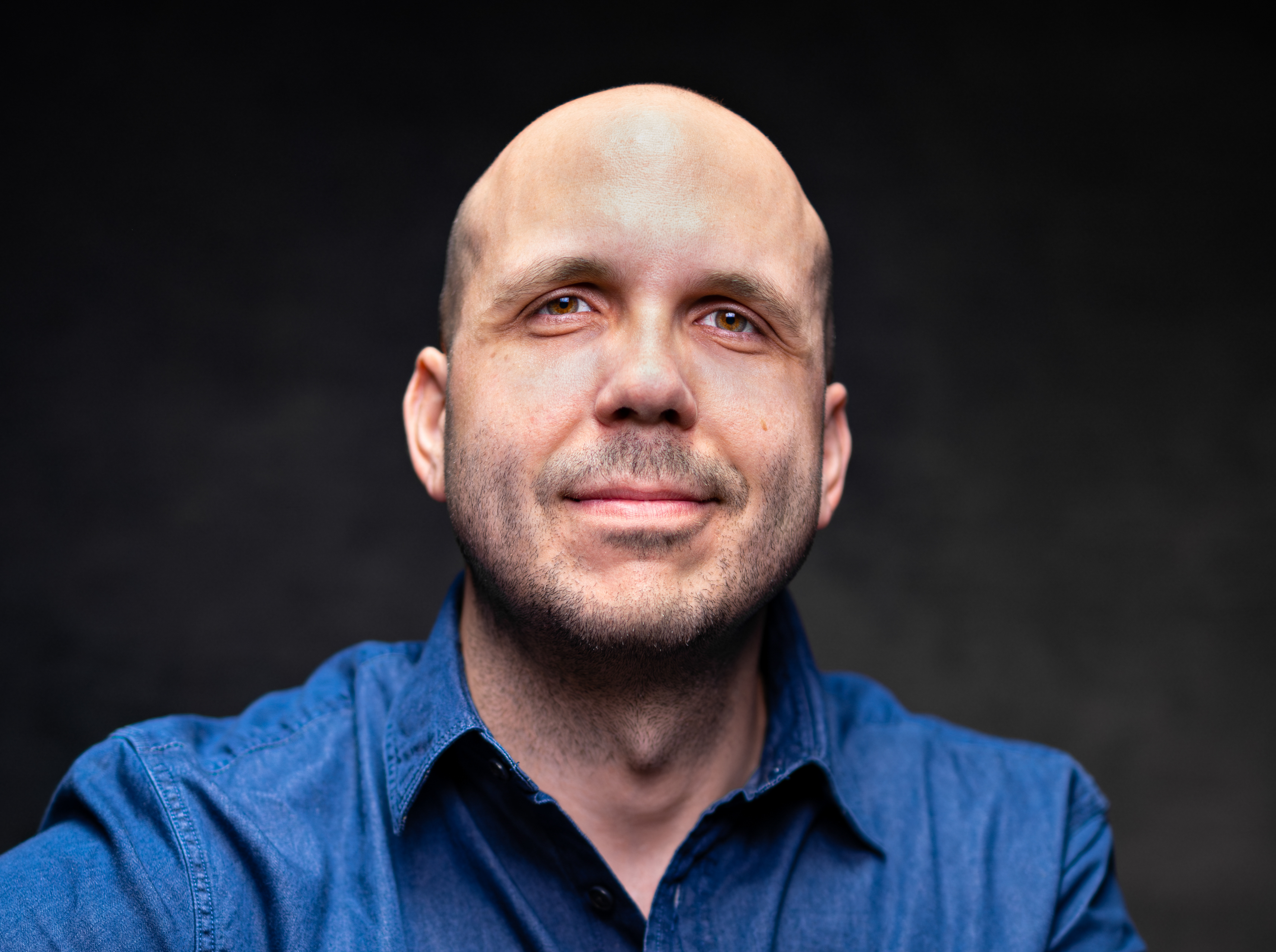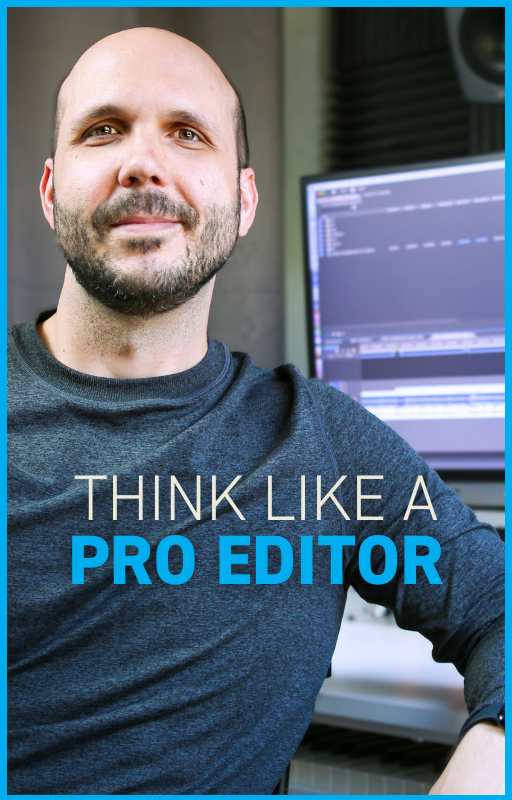Why Video Editors Should Go To Set
Apr 20, 2024In this article I’d like to share why I think video editors should be on set for the projects they’re editing.
The relationship between production people and post-production people can be strained at times.
In large part, I think it can be attributed to the loaded four-word phrase: "fix it in post". This phrase used to really irritate me. When I would hear production people say it, I would feel misunderstood and at worst disrespected. And I would question the competence of the production crew. Why not get it right in camera? Do you realize how much time that’s going to take for me to fix that later, if it’s even possible?
I think it’s easy for us post-production folks to sit at our desks and point out all of the problems with the footage we receive, lamenting that the crew just didn’t get it right.
In sports they call this "Monday Morning Quarterbacking"—it’s easy to critique the quarterback’s play on Sunday from the comfort of your sofa on Monday. You weren’t in the game. Do you really think you could’ve done better?
If you find yourself with a negative attitude toward the crews shooting the footage you’re working on, I have a recommendation for you: start going to the film sets of the projects you’re editing.
This really changed my mindset and I've made some great friends in the process.
Here are a few major benefits from going to set:
1. Shooting is very complex and sometimes “fix it in post” makes sense. It’s mostly a budgetary calculation and good producers will treat it like one. Say you’re running out of time at a location and you can’t quite nail the shot. You think you can add an element as a visual effect. What is the cost of an hour of overtime versus the cost of adding a visual effects shot? Sometimes it is more cost-effective to “fix it in post”. If a situation like this arises, and I'm on set, I can weigh in and help them make an educated decision.
2. Instead of Monday Morning Quarterbacking, I’m in the thick of the action. I could help catch mistakes or give fresh ideas live instead of saying later, “I wish they’d caught this" or, "Man, it would’ve been cool if they had done this.”
3. My favorite benefit has to be that it gives me a head start on editing. I know what takes the director liked, and I know what takes the ad agency or client liked. I know when something needed to be fixed, I know when there was a glitch. Organizing is a breeze and I have a deep understanding of the footage before I sit at my edit station and watch a single frame.
If the project you’re editing can’t afford to pay you to be on set, consider taking on the role of script supervisor or media manager. These paid positions allow you to be on set and they go hand-in-hand with editing. I was filling the script supervisor role on this set—timing shots and keeping track of continuity. And if I catch a mistake while editing, guess whose fault it is. Mine! This has really given me a lot of empathy for production people.
So if you’re in a position to make this happen, get out of your editing cave and head to set. I think you’ll be a better editor for it. Let’s bridge the gap between production people and post-production people since we’re all on the same team.

Austen is an ADDY award-winning film & commercial editor with over 20 years of experience. He has worked with global brands like Meta, KPMG, SAP, and Christianity Today. His PSA work has championed causes like school safety (with Matthew McConaughey), driving safety, and anti-tobacco. A thought leader in the editing field, his online lessons quickly amassed over 100K views after launch.

